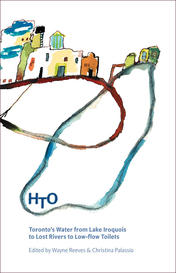Urban
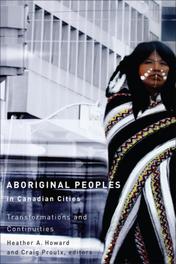
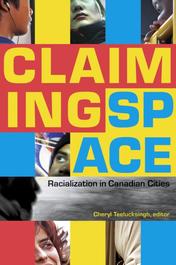

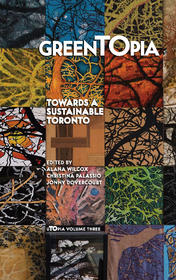

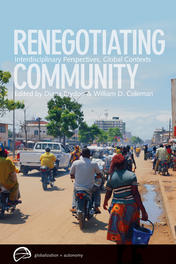
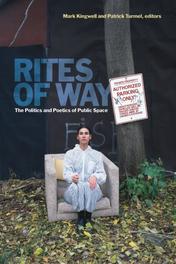
Excerpt from Rites of Way: The Politics and Poetics of Public Space edited by Mark Kingwell and Patrick Turmel
From Masters of Chancery: The Gift of Public Space by Mark Kingwell
Public space is the age's master signifier. A loose and elastic notion is variously deployed to defend (or attack) architecture, to decry (or celebrate) civic squares, to promote (or denounce) graffiti artists, skateboarders, jay-walkers, parkour aficionados, pie-in-the-face guerrillas, underground capture-the flag enthusiasts, flash-mob surveillance-busters, and other grid-resistant everyday anarchists. It is the unit of choice when it comes to understanding pollution, predicting political futures, thinking about citizenship, lauding creativity, and worrying about food, water, or the environment. It is either rife with corporate creep and visual pollution, or made bleak by intrusive surveillance technology, or both. It is a site of suspicion, stimulation, and transaction all at once. For some, it is the basis of public discourse itself, the hardware on which we run reason's software. Simultaneously everywhere and nowhere, it is political air.
Given the seeming inexhaustibility of the political demand to reclaim public space, what is stranger is that nobody admits they have no idea what it is. Most of us assume we know, but more often the assumption is a matter of piety rather than argument–and confused piety at that. 1 . ..
As with the court, so with a just society. There can be no useful recourse to public space unless and until we reverse the polarity of our conception of publicness itself. It is sometimes said that the threshold between public and private must be a public decision. True, but go farther: the public is not a summing of private preferences or interests, nor even a wide non-rival availability of resources to those preferences or interests. It is, instead, their precondition: for meaning, for work, for identity itself. We imagine that we enter public space with our identities intact, jealous of interest and suspicious of challenge, looking for stimulus and response. But in fact the reverse is true. We cannot enter the public because we have never left the public; it pervades everything, and our identities are never fixed or prefigured because they are themselves achievements of the public dimension in human life.


